The Arctic Council's mandate is increasingly under threat due to climate change and military competition. Denmark and the Scandinavian countries alike should emphasize Arctic societal security as a main concern to bypass the standstill. Read more...
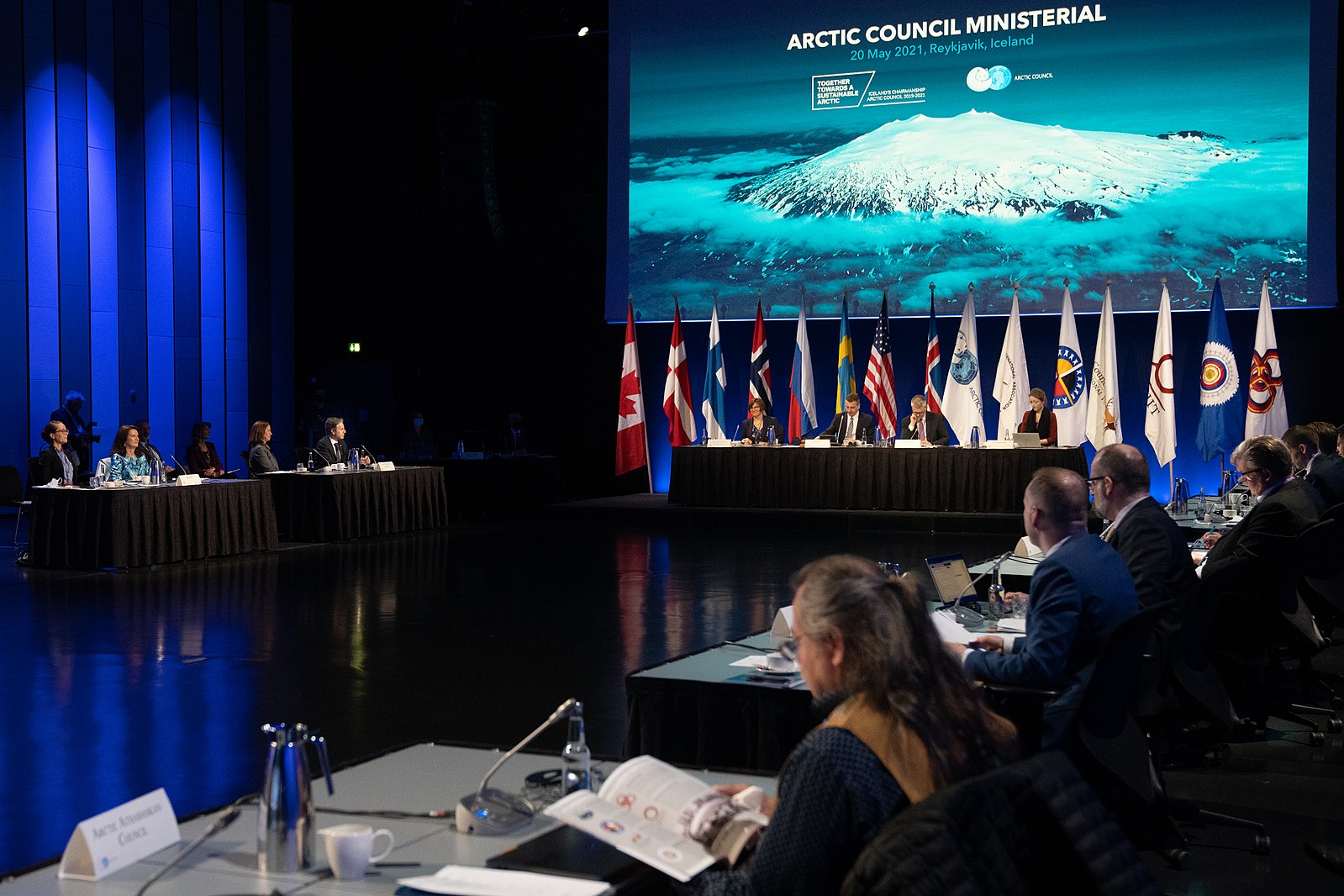

The Arctic Council's mandate is increasingly under threat due to climate change and military competition. Denmark and the Scandinavian countries alike should emphasize Arctic societal security as a main concern to bypass the standstill. Read more...
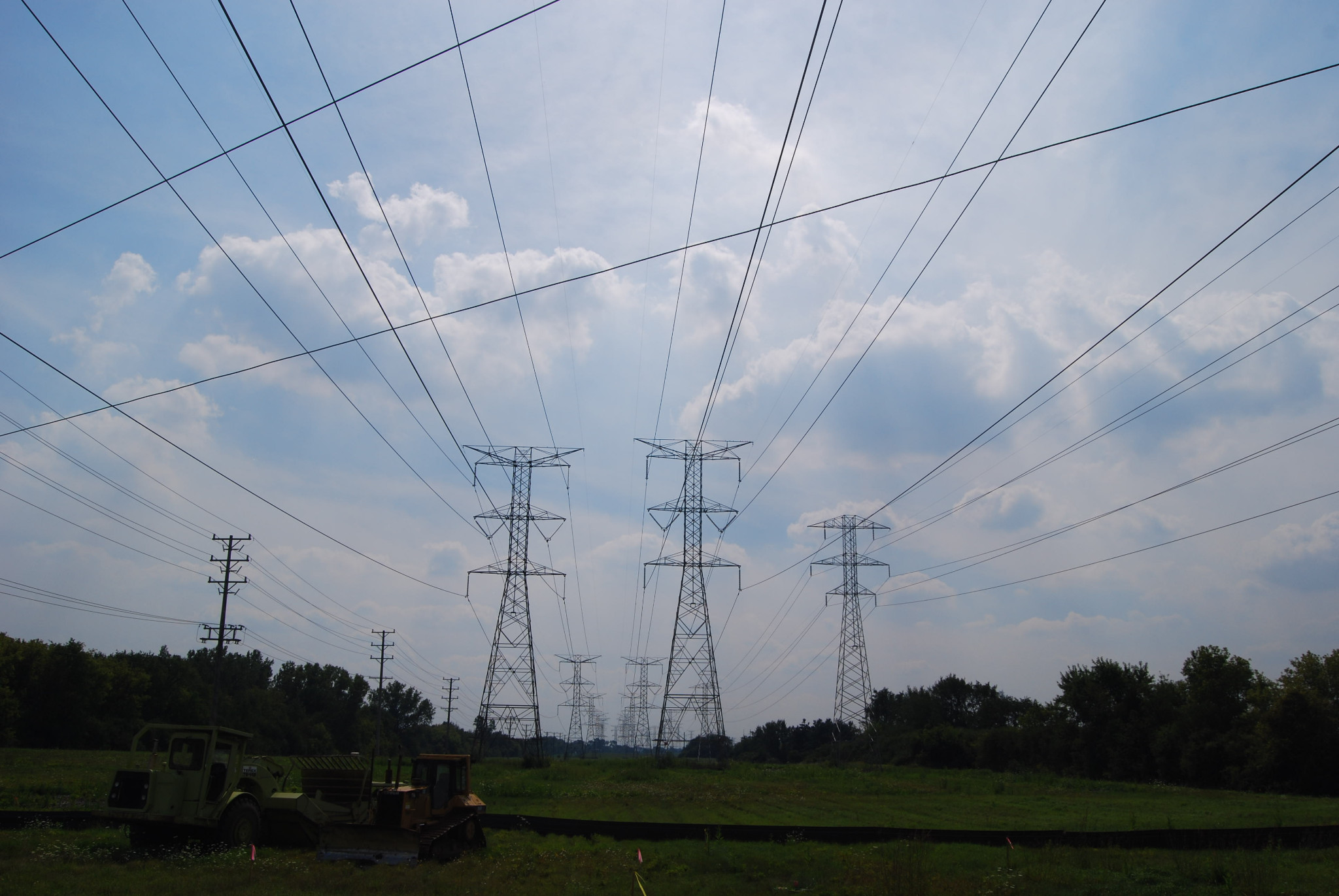
As the nation increasingly relies on renewable energy, electricity transmission will be of central importance to ensuring the lights stay on for Americans. America’s devolved transmission regulatory regime jeopardizes U.S. energy security. Read more...
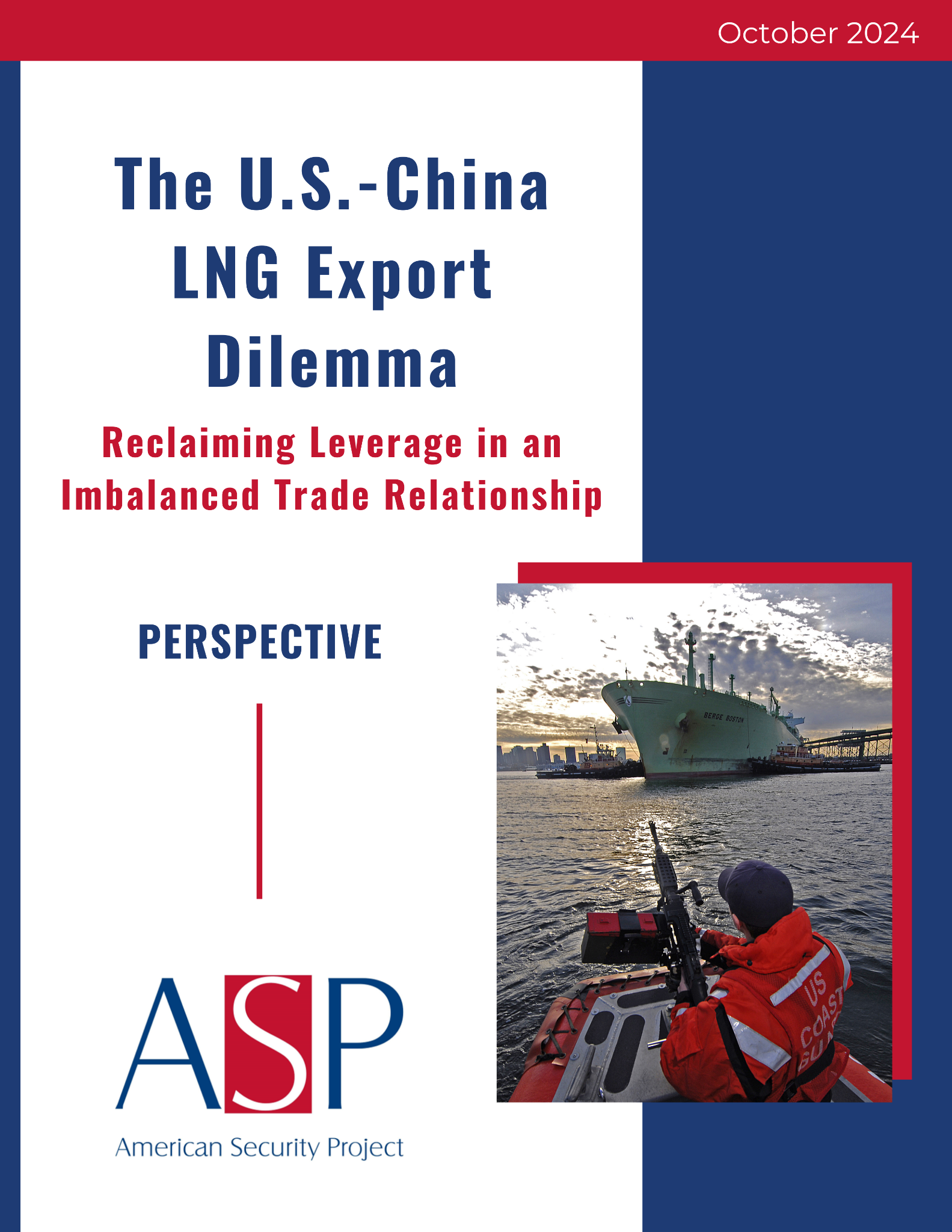
In its attempts to reduce its trade deficit with China, the United States is sacrificing its strategic advantage in global energy markets. Rather than building its dependence on U.S. supply, cheap LNG exports aresubsidizing China’s renewable energy development, expanding its geopolitical influence, and fueling its authoritarian objectives. A new competitive strategy is needed to mitigate oversupply risks and avoid a race to the bottom. Read more...

On September 12, 2024, in conjunction with Emory University, ASP held an event in Atlanta, GA to discuss the ways in which climate change directly affects the people and security of Georgia. The event was ASP's 45th stop on its National Climate Security Tour. Read more...

Agriculture is a microcosm of the interdependence between China and the United States. Calls to “decouple” the two economies are increasing, but this strategy is both politically and economically short-sighted. Read more...

As hurricanes become increasingly intense and unpredictable, they pose a threat to U.S. national security in Florida. Should the state's electrical grids fail, civilian safety and military bases become endangered. Continuous efforts from the U.S. government to improve electrical grid resilience is necessary.Read more...
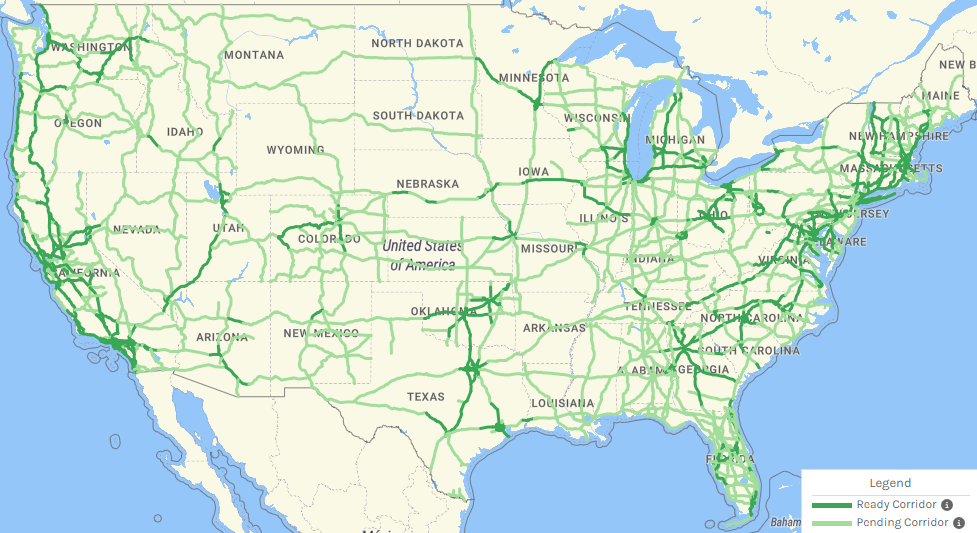
The shift towards electrical vehicles (EVs) brings into question whether current investment and supporting infrastructure are sufficient for growing demand. To encourage American buyers to switch to EVs, which are crucial to clean energy usage, the U.S. government needs to work with auto companies to balance vehicle pricing and upgrade the electrical grid.Read more...

Fracking, coal divestment, and the war in Ukraine have significantly increased the supply of and demand for U.S. LNG since 2016. While U.S. liquified natural gas exports temporarily provide a stable and flexible energy supply to international markets, gas is a nonrenewable resource vulnerable to pricing fluctuations and political risk, making it an unstable long-term energy source. Read more...
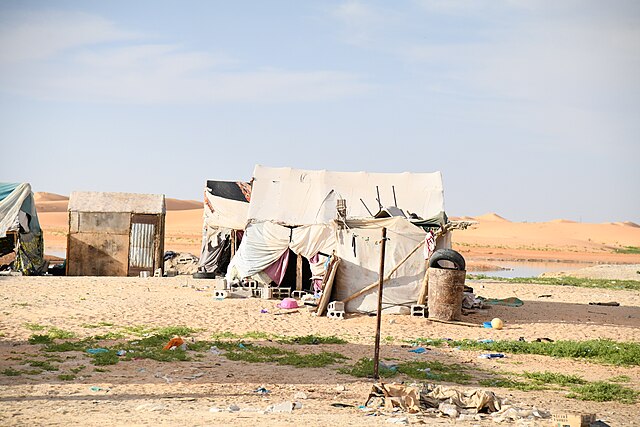
Understanding how climate change impacts violence in the Sahel can predict its role in destabilization and conflict globally. Read more...
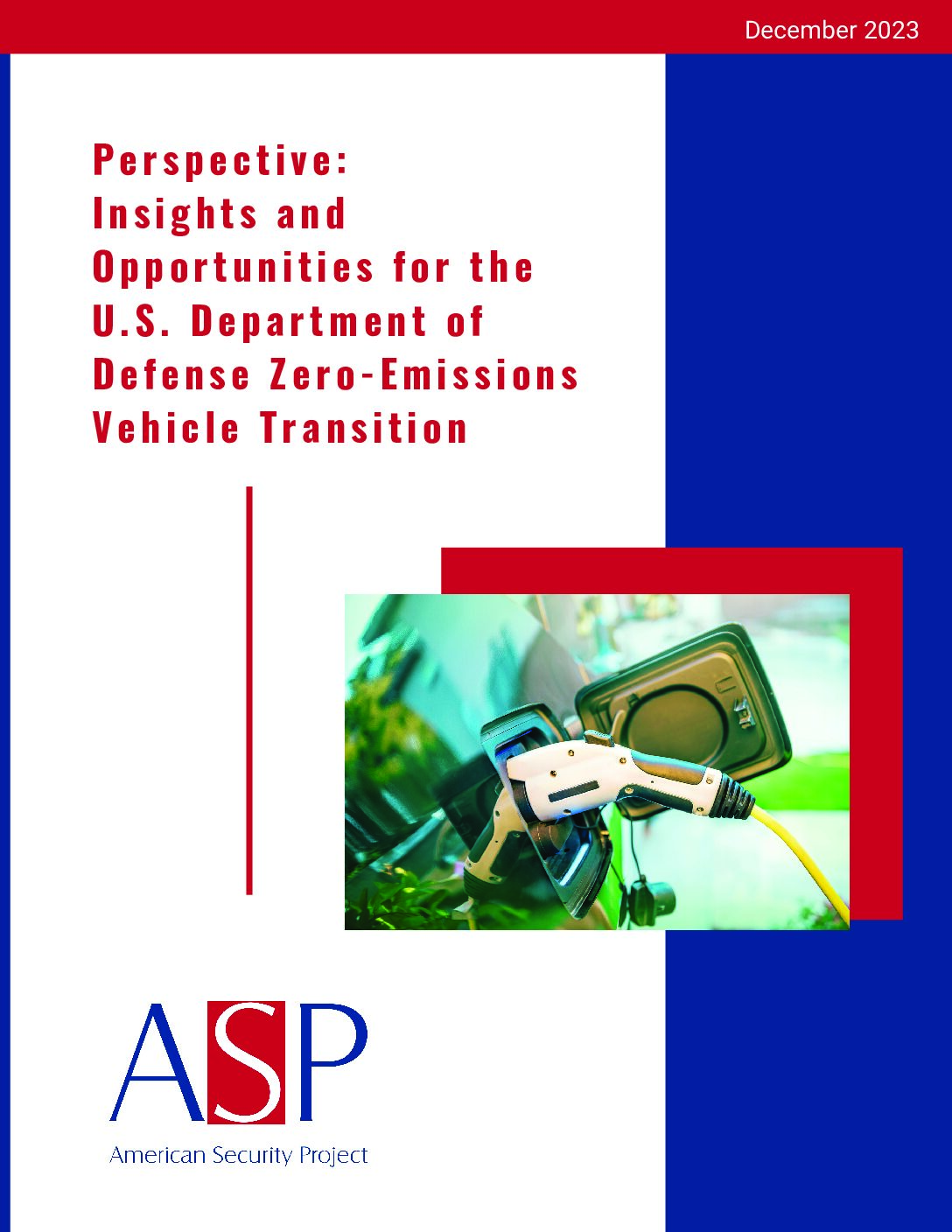
The Biden Administration’s Executive Order 14008, “Tackling the Climate Crisis at Home and Abroad,” and Executive Order 14057, “Catalyzing Clean Energy Industries and Jobs Through Federal Sustainability,” directed the Department of Defense (DoD) and the service branches to develop plans and strategies for transitioning fossil fuel-based internal combustion engine (ICE) vehicle fleets to zero-emission vehicles (ZEVs). ASP created this report to educate and inform policymakers and key stakeholders about the objectives, challenges, and opportunities which exist as DoD’s continues its enterprise-wide fleet transition. Read more...